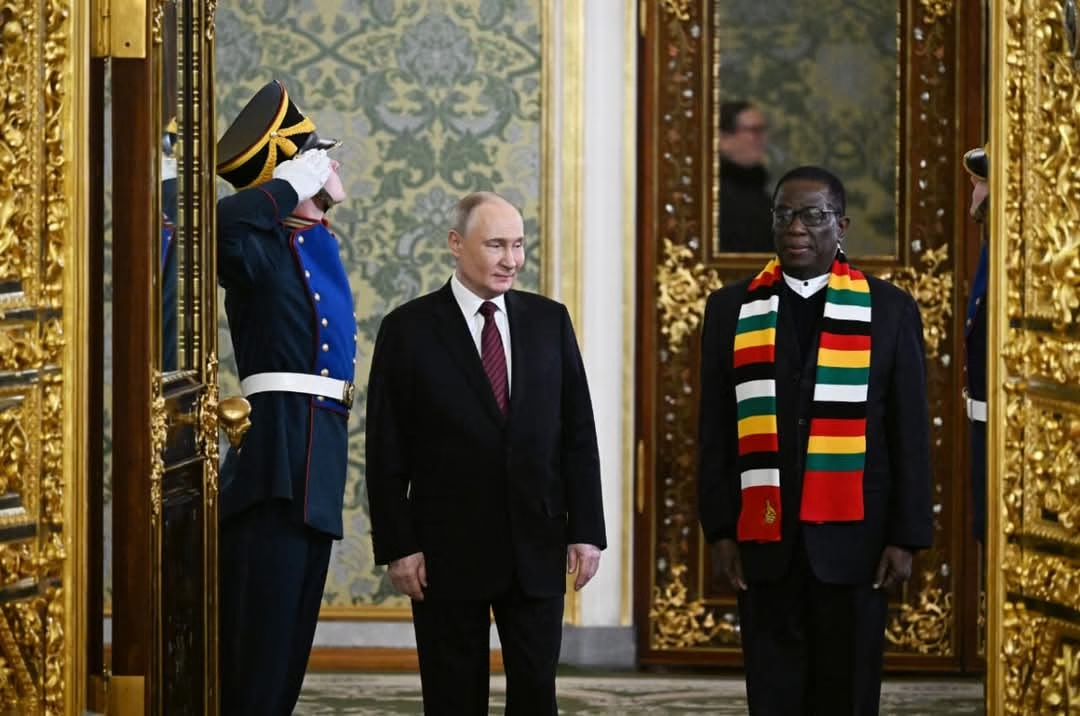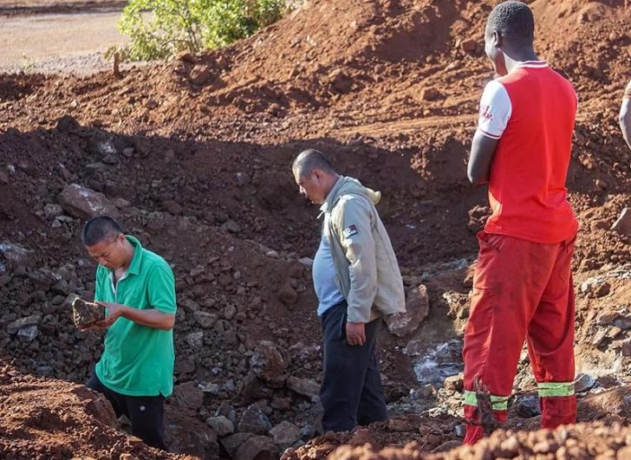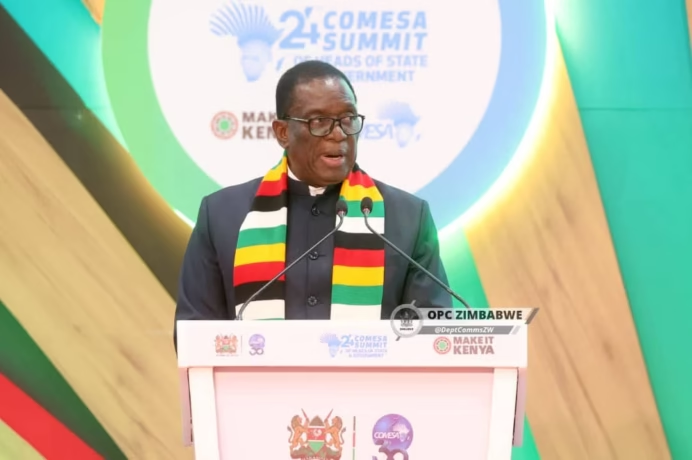
President Emmerson Mnangagwa’s visit to Moscow and his high-level engagement with Russian President Vladimir Putin has underscored Zimbabwe’s commitment to deepening bilateral relations with Russia, an alliance that continues to evolve from symbolic camaraderie to practical, strategic cooperation. The meeting, held at the Kremlin Palace on the sidelines of the 80th anniversary of the Great Patriotic War, was not only a moment of historical reflection but also a platform to reaffirm Zimbabwe’s foreign policy thrust: anchoring itself among global partners that respect sovereignty, mutual benefit, and multipolarity.
President Mnangagwa’s presence alongside global leaders for Russia’s commemorative events highlighted Zimbabwe’s solidarity with a nation it has long considered a dependable ally. In his remarks, he saluted the sacrifices of the Russian people in the historic war, describing their courage as a beacon of resilience and peace that the world continues to benefit from. More importantly, he used the occasion to renew Zimbabwe’s call for deeper cooperation, particularly in sectors such as agriculture, mining, manufacturing, and technology transfer.
President Putin, in turn, lauded Zimbabwe for consistently supporting Russia on multilateral platforms such as the United Nations, stressing that the two nations share common worldviews based on fairness and international law. He called for the full operationalization of signed agreements, signalling Moscow’s readiness to elevate the partnership from diplomatic alignment to tangible economic interaction. With upcoming forums like the Russia-Africa Ministerial Conference set for later this year, the engagement further positions Zimbabwe as a key African partner in Russia’s renewed outreach to the continent.
Trade figures from ZimTrade offer a sobering reminder of the need to shift from goodwill to goods: Zimbabwe exported US$7.4 billion worth of goods to Russia in 2024 but imported US$9.5 billion, creating a US$2.1 billion trade deficit. Yet this gap also reveals a growth opportunity. Zimbabwe has the potential to increase exports in high-demand sectors like citrus fruits, berries, edible legumes, oil seeds, and tea, all products that could find a ready market in Russia’s food-import-reliant economy.
At the policy level, Zimbabwe’s drive to improve the ease of doing business dovetails with its re-engagement strategy, making it a more attractive destination for Russian investment. With Russian companies already showing interest in mining and industrial development, the possibility of joint ventures in strategic value chains is real.
President Mnangagwa’s Moscow trip served not just as a diplomatic gesture but as a strategic signal: Zimbabwe is open for business and ready to expand partnerships that are grounded in mutual respect, economic equity, and shared geopolitical principles. As global dynamics continue to shift, Zimbabwe’s ability to forge strong, multidimensional relationships like the one with Russia will be central to shaping its economic future and securing its place on the global stage.




